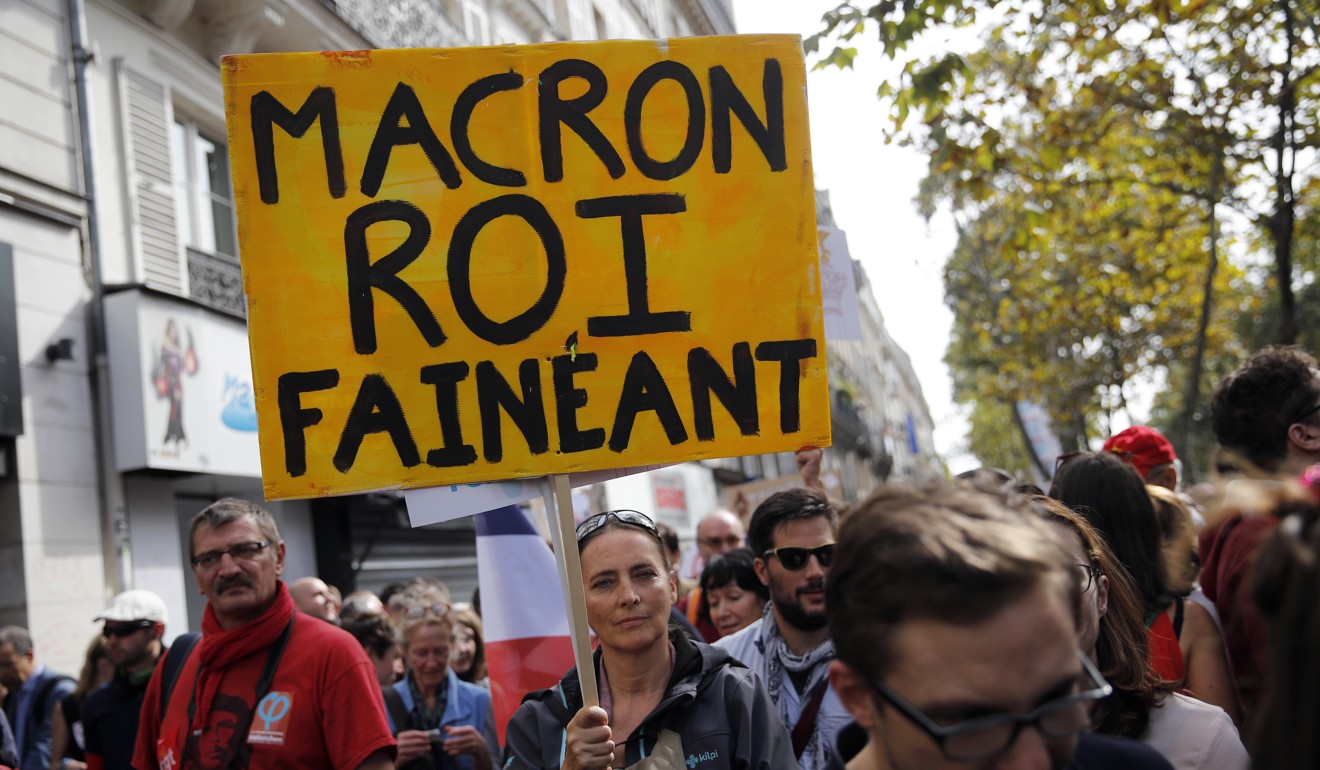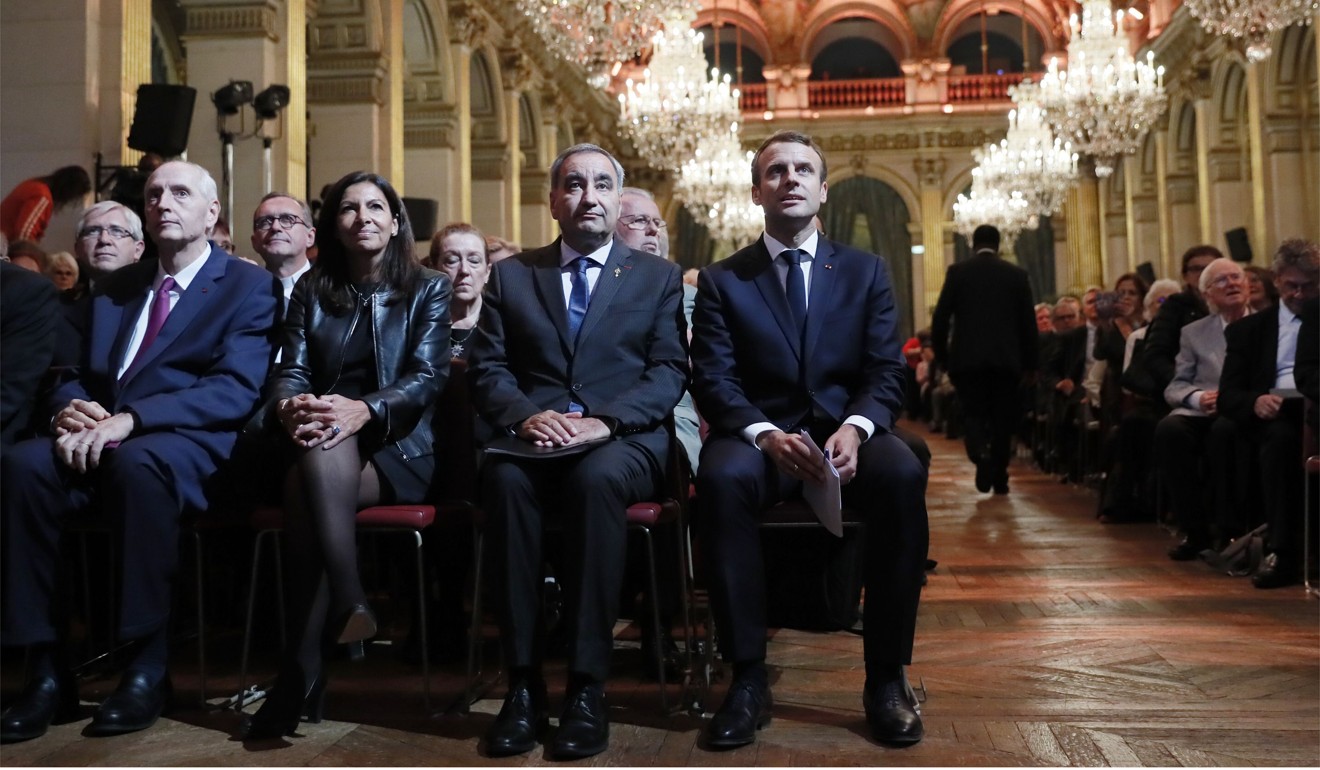
Macron’s government admits French Senate elections a ‘failure’
French government spokesman Christophe Castaner admitted on Monday that Senate elections have been a “failure” for President Emmanuel Macron’s centrist party.
The conservative Republicans were the clear winners in Sunday’s vote for about half the chamber’s 348 seats.
Macron’s 17-month-old Republic on the Move! party has just 28 seats in the Senate according to results published on Monday. The Republicans have 171 seats.
Castaner told BFM TV he expected such a defeat because “those who voted are those who have been elected in 2014 and 2015 when Republic on the Move! didn’t exist”.

The results damage Macron’s legitimacy as he embarks on pushing through unpopular changes to French labour law and other reforms he hopes will reinvigorate the moribund French economy.
Macron could still pass his reforms despite the election result, because the lower house of parliament has the final say in legislation over the Senate and because lawmakers from the conservative Republicans party support many of Macron’s pro-business policy plans.
Earlier, Francois Patriat of Macron’s party predicted it would win between 20 and 30 seats – far less than the 50 it was aiming for.
“I wouldn’t say it’s a success,” Patriat said on BFM television about Sunday’s result.

It’s the first time Macron’s party competed in France’s Senate election since he created it to shake up French politics and attract voters tired of the status quo. It’s now likely to seek alliances in the Senate with other centrists and moderate Republicans and Socialists.
Senators are not chosen by the public but by some 75,000 elected officials – mayors, legislators, regional and local councillors – across the country.
The Senate voting system tends to give an advantage to local politicians from traditional parties instead of candidates of Macron’s party, many of whom are political newcomers. Also, many local officials are upset by Macron’s plan to slash the budgets of local authorities.

The election also comes as Macron’s popularity is on the wane, just four months into his presidency.
Tens of thousands of people protested Saturday in Paris over Macron’s labour law changes that they fear are dismantling the French way of life – and more protests and strikes are ahead. Truckers plan to blockade streets and fuel depots on Monday.
Macron insists the labour law changes – which reduce union powers and give companies more freedom to lay off workers – are need to create jobs and compete globally.
The lower house of parliament, the National Assembly, has the final say in French lawmaking, but Macron also needs broad support in the Senate to follow through on other major changes he has promised, notably to unemployment benefits, the pension system and the French Constitution.

